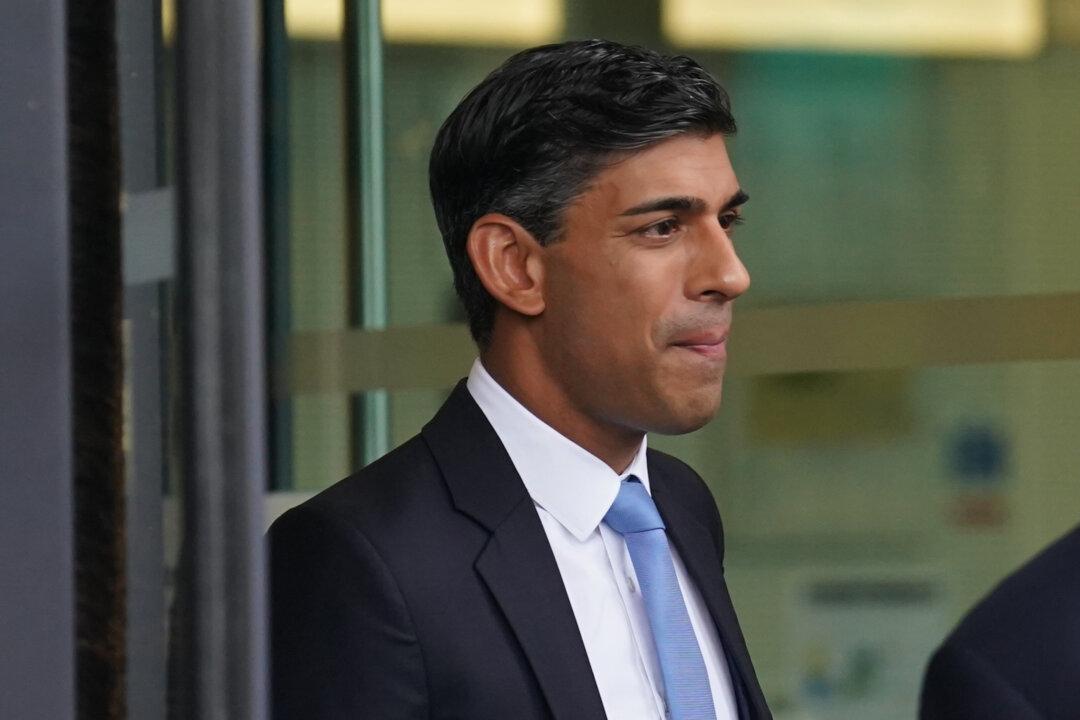Prime Minister Rishi Sunak has resisted calls from senior Tories to cut taxes before the next general election.
Speaking to broadcasters ahead of the Conservative Party annual conference on Sunday, current and former ministers Michael Gove and Dame Priti Patel suggested voters need to feel lighter tax burden before the election, but Mr. Sunak refused to make the commitment, insisting the current priority is to halve inflation, which stood at 6.3 percent in August.





